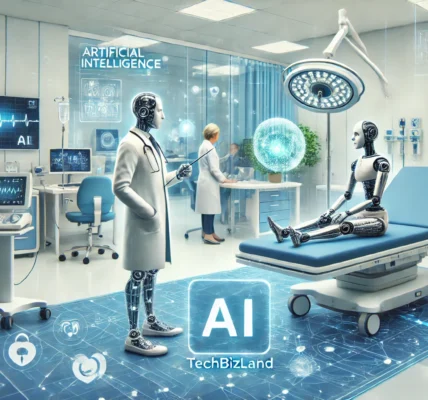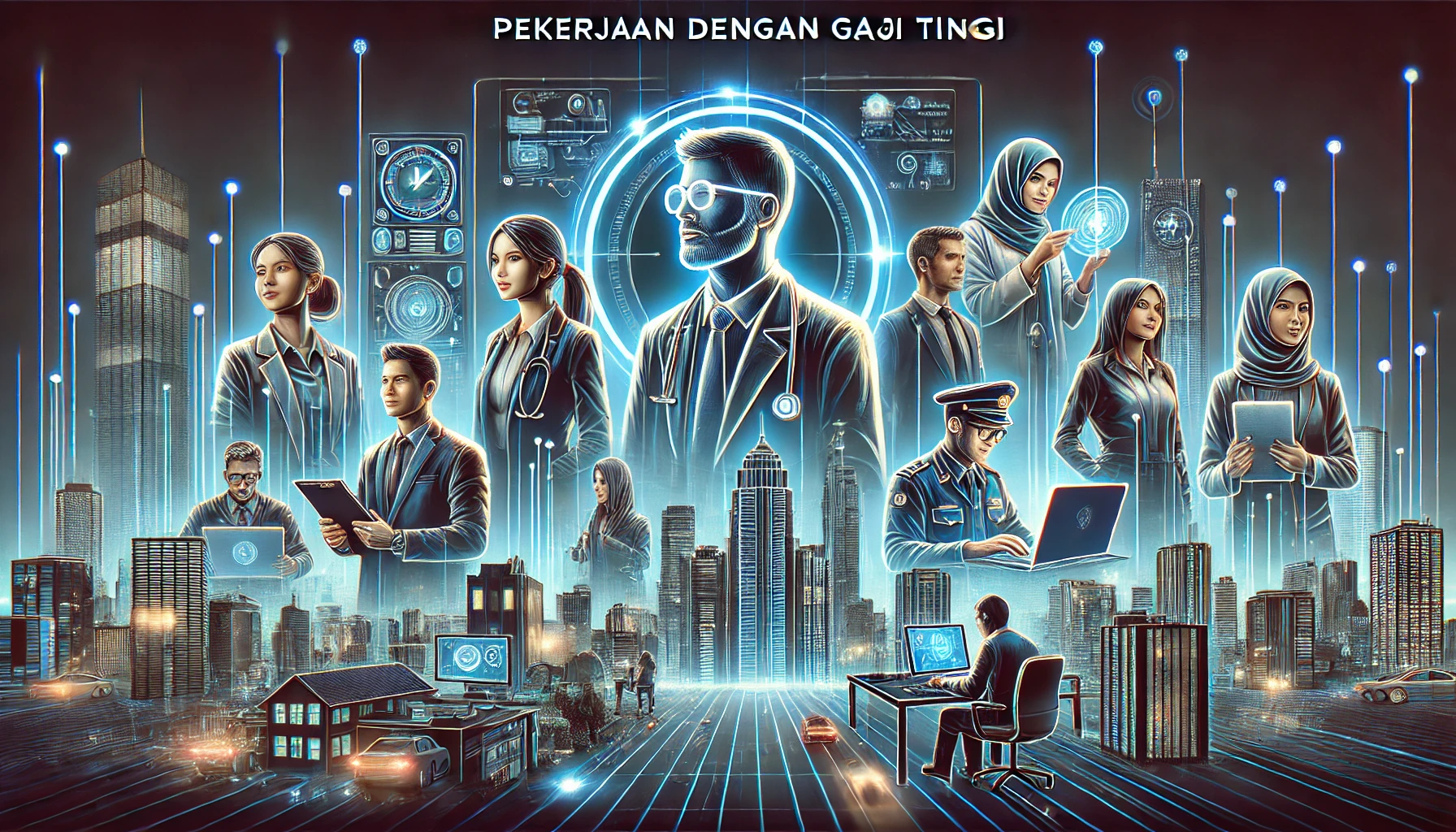Pendanaan Swasta Untuk Kesuksesan
Pendanaan swasta untuk kesuksesan merupakan salah satu jalan terbaik yang dapat di ambil oleh banyak pengusaha untuk mempercepat pertumbuhan dan mengembangkan bisnis mereka. Bagi banyak startup dan usaha kecil, tantangan terbesar yang sering di hadapi adalah mendapatkan modal yang cukup…
Pekerjaan dengan Gaji Tinggi
Mencari pekerjaan dengan gaji tinggi merupakan salah satu tujuan utama banyak orang dalam merencanakan karier mereka. Pekerjaan semacam ini tidak hanya memberikan kestabilan finansial, tetapi juga membuka peluang untuk perkembangan karier yang lebih cepat serta kehidupan yang lebih sejahtera. Gaji…
Kuasai Teknik Kreativitas Ampuh
Kuasai Teknik Kreativitas Ampuh dalam dunia yang semakin kompetitif dan cepat berubah, kreativitas telah menjadi aset yang sangat berharga. Baik itu untuk meningkatkan inovasi dalam bisnis, mengembangkan produk baru, atau mencari solusi kreatif untuk masalah sehari-hari, memiliki keterampilan kreativitas yang…
Perencanaan Digital dengan Inovasi
Di tengah era digital yang terus berkembang, perencanaan digital dengan inovasi menjadi komponen penting dalam strategi transformasi perusahaan. Proses ini tidak hanya melibatkan adopsi teknologi baru, tetapi juga pergeseran dalam cara berpikir dan pendekatan terhadap bisnis secara keseluruhan. Keberhasilan transformasi…
Rahasia Sukses Pemasaran Online
Di dunia digital saat ini, setiap bisnis, baik kecil maupun besar, berusaha untuk memanfaatkan potensi pemasaran online. Dengan semakin berkembangnya teknologi dan perubahan perilaku konsumen, pemasaran online menjadi alat yang sangat penting dalam strategi bisnis. Rahasia Sukses Pemasaran Online tidak…
Pengembangan AI untuk Teknologi
Kecerdasan Buatan (AI) telah menjadi salah satu pendorong utama dalam perkembangan teknologi modern. Kemampuannya untuk menganalisis data besar, mengotomatiskan proses, dan menciptakan solusi inovatif menjadikannya bagian integral dari berbagai sektor industri. Pengembangan AI untuk teknologi tidak hanya membuka potensi besar…
Rahasia Menjadi Pengusaha Sukses
Menjadi pengusaha sukses bukanlah hal yang terjadi dalam semalam. Sukses dalam dunia bisnis memerlukan banyak usaha, ketekunan, dan pemahaman yang mendalam tentang dinamika pasar serta kebutuhan pelanggan. Banyak orang yang ingin memulai bisnis sering kali terkecoh dengan gambaran kemewahan dan…
Outfit Kekinian Paling Trendi
Fashion selalu berkembang seiring waktu, “Outfit Kekinian Paling Trendi” menciptakan peluang bagi para penggemar mode untuk bereksperimen dan tetap up-to-date dengan tren terkini. Seiring dengan berjalannya waktu, setiap tahun membawa berbagai inovasi dalam dunia fashion, memungkinkan individu untuk mengeksplorasi gaya…
Teknologi Canggih yang Mempermudah
Dalam era digital yang serba cepat, teknologi canggih yang mempermudah kehidupan sehari-hari telah menjadi kunci utama untuk meningkatkan efisiensi dan kenyamanan. Teknologi kini tidak hanya mengubah cara kita bekerja, tetapi juga memberikan dampak besar pada berbagai aspek penting dari rutinitas…
Tren Gaya Busana Wanita
Mode busana wanita terus berkembang setiap tahunnya, dengan 2025 di prediksi menjadi tahun penuh inovasi di dunia fashion. Tren gaya busana wanita tidak hanya di pengaruhi oleh desainer ternama, tetapi juga oleh budaya pop, media sosial, dan perilaku konsumen. Setiap…























